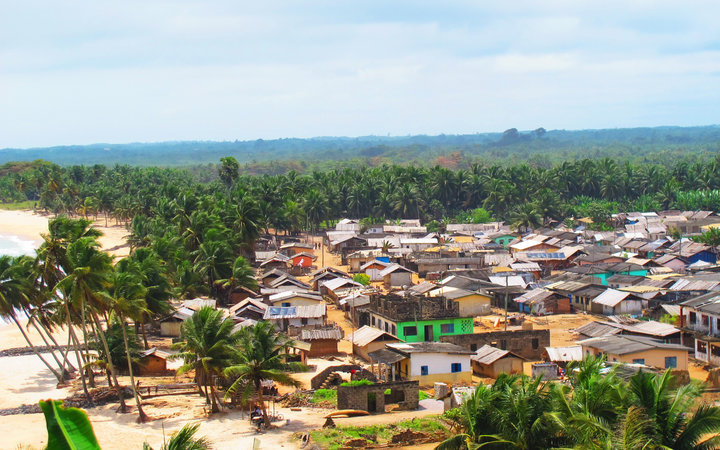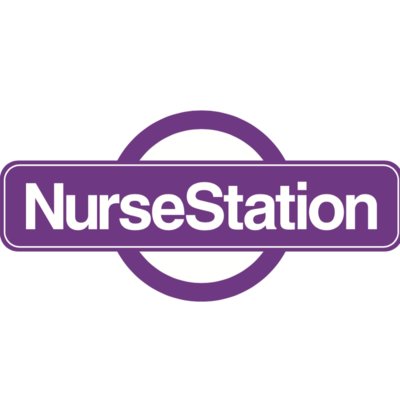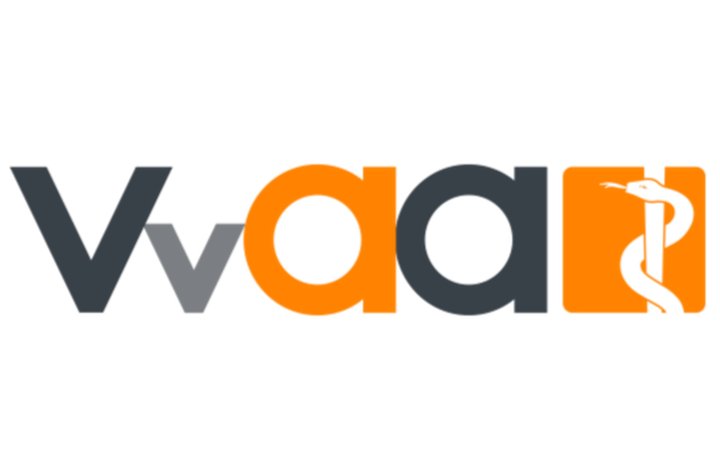University of the West of England 2019
For my elective I knew that I wanted to go to Africa because a few years ago I spent some time in Malawi and it was what made me want to work in healthcare.
My first impressions of the hospital: it felt small and crowded despite the fact it was a regional hospital. All the staff made a point of telling me that I was welcome there. It’s very easy to feel out of place, but this changes once you realise that the staff are genuinely interested in you and want to help you learn about their culture and their healthcare system.
 Due to the lack of space in a lot of the wards and a lack of resources, it was difficult to find equipment. I made a point of having a look around when I arrived each morning and learning where vital bits of equipment were, which made me feel much more useful.
Due to the lack of space in a lot of the wards and a lack of resources, it was difficult to find equipment. I made a point of having a look around when I arrived each morning and learning where vital bits of equipment were, which made me feel much more useful.
I had the opportunity to assist with wound dressings, drawing up IV medications, taking blood sugars, inserting catheters, and doing general observations. It was sometimes difficult because the equipment I was used to using wasn’t always available. For example, there weren’t lancets, so in order to take a blood sugar nurses used a general needle instead.
This was one of the main differences I noticed between healthcare in Ghana and the UK; we are so used to having the right equipment. There are all sorts of guidelines and policies in place dictating clinical practice and it is unacceptable to work outside of these in the UK. In Ghana, however, they may not have the necessary resources but the job has to get done so they are forced to think of other ways to do it.
 Of course, the other glaring difference is funding. The hospital does not have a regular stock of medications and dressings. Anything needed must be provided by the family of the patient, either using their insurance or buying it outright. Even if the patient does have insurance, they could still be waiting a long time for critical drugs to be given because the family have gone to fetch them.
Of course, the other glaring difference is funding. The hospital does not have a regular stock of medications and dressings. Anything needed must be provided by the family of the patient, either using their insurance or buying it outright. Even if the patient does have insurance, they could still be waiting a long time for critical drugs to be given because the family have gone to fetch them.
This made working in A&E an interesting but challenging experience. When a patient first arrived there was limited care that could be given – even testing their blood sugar would cost them money! This will always be difficult for someone from a different culture to understand, as we are taught that urgency can save someone’s life. However, I found it important to remember that we are not there to change the practice, only to observe and reflect and hopefully contribute to our own professional development.
Some of the most interesting cases I observed were malaria and sickle cell disease. For people living in low-resource settings without access to medication, malaria could be far more complicated and several cases arrived in A&E practically unresponsive.
 I learnt a lot about sickle cell disease, which I had never encountered before and I had not appreciated how much pain could be caused by it. It was surprising, seeing someone in that much pain but with nothing visible causing it.
I learnt a lot about sickle cell disease, which I had never encountered before and I had not appreciated how much pain could be caused by it. It was surprising, seeing someone in that much pain but with nothing visible causing it.
After doing 2 weeks in A&E I then moved to OBG, which was a great experience! It is common in Ghana for people to have big families, so I was able to observe the difference between giving birth to a first child, and giving birth to a sixth!
In the evenings we often had language lessons or lectures from a doctor about the conditions that are common in Ghana (these included malaria, sickle cell and malnutrition).
There was also a weekly BBQ night that gave all the students and the Work the World team the opportunity to eat and dance together; it was this that showed me how much Ghanaians love music!
 On the weekends we travelled around Ghana. The Work the World team advised us on where to go and what to do. I would especially recommend the castle at Cape Coast, as it has incredible historical significance and the tour of it was fantastic.
On the weekends we travelled around Ghana. The Work the World team advised us on where to go and what to do. I would especially recommend the castle at Cape Coast, as it has incredible historical significance and the tour of it was fantastic.
An overseas elective is an amazing opportunity to visit a country that you might never otherwise visit and to feel comfortable there in a way you couldn’t if you were just a tourist.
Gaining experience in the hospital gave me a greater understanding of the culture and therefore the country, and of course I now appreciate the NHS so much more. I also think having completed a placement somewhere so different, I will never again feel awkward or out of place on a UK placement. It really does wonders for your confidence and development!

.jpeg)



